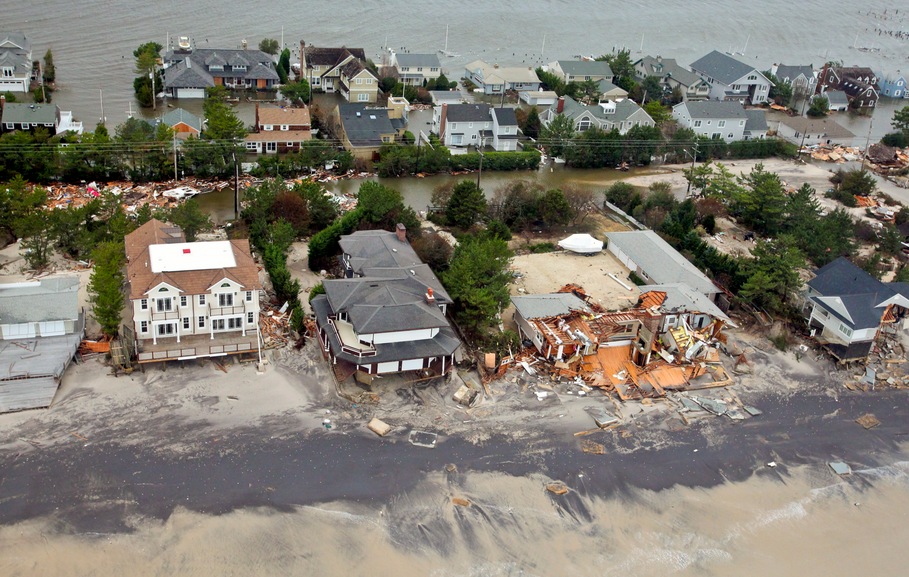How to Know if Your Home is Underinsured

In the event of an emergency or disaster, it’s important to be sure your home is covered by insurance. While most homeowners have insurance that covers the basics, those are typically the plans that cover the bare minimum and not the cost of rebuilding a home, should it be destroyed. In fact, around two-thirds of homes in the United States are underinsured.
Are you only getting the bare minimum?
When purchasing insurance, many homeowners look for the most affordable insurance plan available, rather than the plan that is right for their home. There are many factors to consider when buying insurance other than price.
Where you live can drastically affect the type of insurance you may need. Factors such as flood levels, proximity to common locations of wildfires and mudslides, and other weather-related dangers should certainly play a factor in your choice of insurance. Many homeowners are unaware of the fact that basic insurance plans won’t cover most natural disasters in their area.
By searching by lowest premiums, you leave your house and family open to a myriad of disasters that basic insurance won’t cover. If you’re unsure what type of insurance is best for your home, an Obrella agent can help you understand the best plans for your area.
Learn the Difference Between Replacement Costs vs. Actual Cash Value
The replacement cost of rebuilding a home after a disaster is different than the actual cash value. Standard homeowner’s insurance policies typically only cover the structure of the house rather than what’s inside. (For more information, read our “Maximizing Home Insurance Coverage For Disaster Assistance“).
If your insurance policy stipulates that you’re covered for actual cash value, then the evaluated worth of your home’s contents with be deducted from the cost to repair your home. Thus, you’ll end up receiving less money for repairs.
If your homeowner’s insurance stipulates “replacement costs,” the insurance company will cover the entire expense to repair, build, and replace the contents and structure of the home without considering depreciation.
The cost of replacing your home and its contents varies, but there are tools to help you succeed. You can use a replacement cost calculator, or hire someone to help you calculate the costs. There are also many resources online you can use if you prefer to research the cost yourself. If you need help, call Obrella and an agent will gladly help you determine the best way to go about discovering your costs.
Know Your Policy
Many homeowners make the mistake of not reading through their entire homeowner’s insurance policy. It’s essential to read your policy front to back to know what is and isn’t covered. If you find you’re unhappy with what it says, call us for help.
There are often additional possessions in a house that regular insurance won’t cover so, for these, it’s important to get a “floater.” A floater covers expensive items, such as jewelry or electronic equipment, in addition to what’s covered in your policy plan. It insures the full value will be covered in the event of damage. We can help you understand which items in your home might qualify as floaters over the phone.
Similarly, many insurance plans do not cover the cost of expenses and equipment related to home-based businesses. An Obrella agent can also help you determine whether or not you need to purchase a separate business policy in addition to your homeowner’s insurance.
Disasters can strike at the most inopportune moments so it is important to know that you and your family are protected in an emergency. By ensuring that your home is fully covered, you’ll be able to keep a house over their heads at a great price, and provide security for your loved ones.
Free Insurance Comparison
Enter your zip code below to view companies that have cheap insurance rates.
Secured with SHA-256 Encryption
